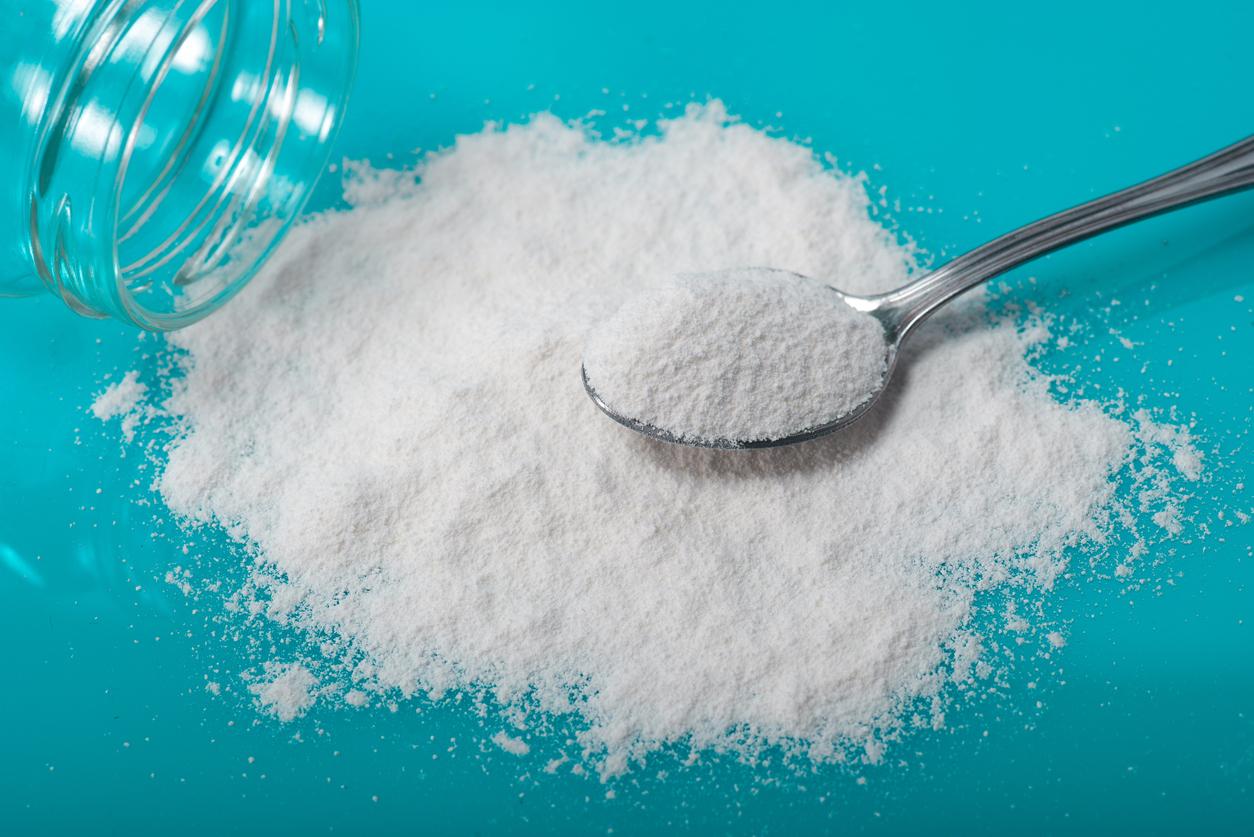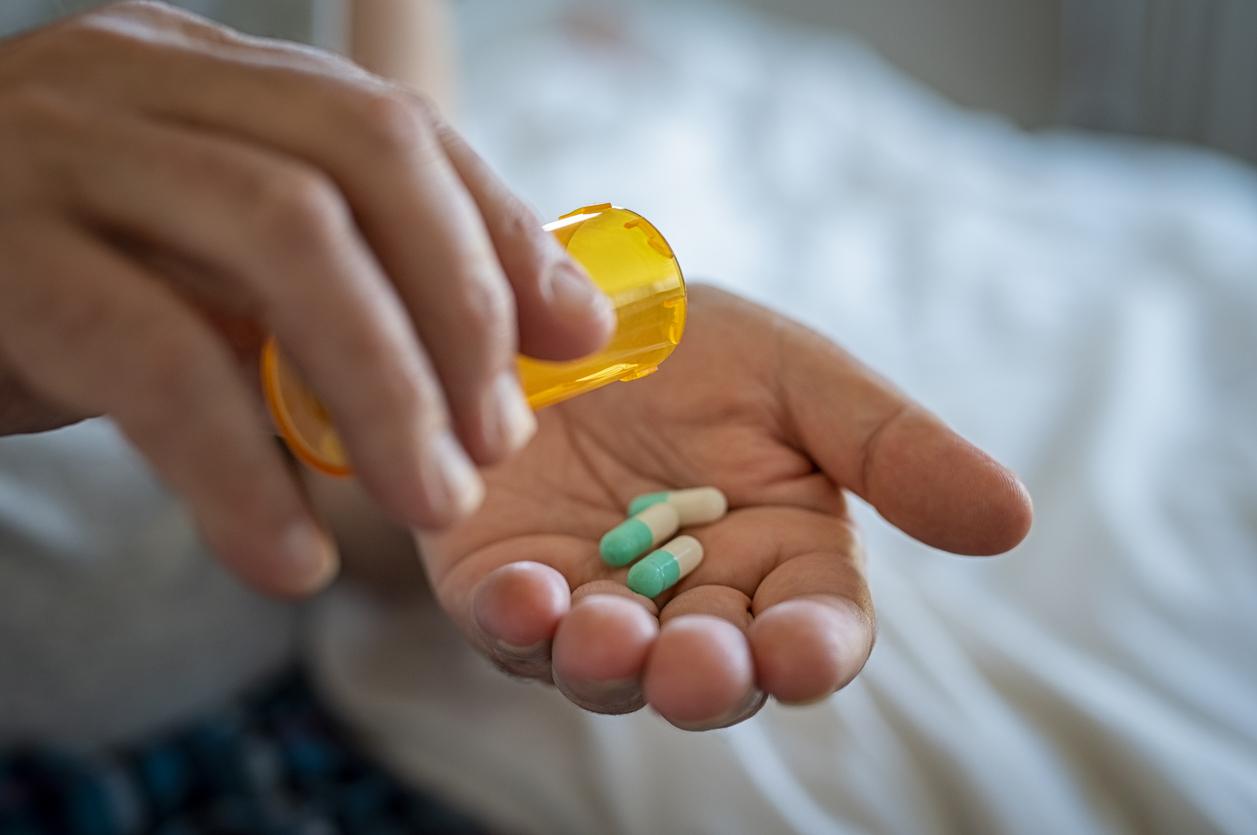Sucralose, a sweetener, degrades DNA and causes intestinal permeability.

- Sucralose is a sweetener: it gives food a sweet taste while being low in calories.
- According to a new study, it would be harmful to DNA.
- It produces a compound that results in greater gut permeability.
Sucralose is an intense sweetener according to ANSES. “‘Intense sweeteners’ are very diverse substances, of vegetable origin or obtained by chemical synthesissays the agency. They have in common to present a very high sweetening power, from several tens to several thousand times higher than that of table sugar (sucrose).” But they contain few or no calories. In the case of sucralose, often marketed as Splenda®, research has shown that it may cause the production of compounds in the stomach, including sucralose-6-acetate. Journal of Toxicology and Environmental Health, a research team from the University of North Carolina explains that this product – indicated as E955 on products that contain it – is genotoxic, that is to say harmful to DNA.
Sweetener: a substance that causes leaky gut
Researchers conducted a series of in vitro experiments to expose human blood cells to sucralose-6-acetate and monitor genotoxicity markers”We found that sucralose-6-acetate is genotoxic and effectively disrupts DNA in cells exposed to the chemical“, explains Susan Schiffman, lead author of the study. They also exposed human intestinal tissue to the substance. “Studies have shown that sucralose can harm gut health, so we wanted to see what might be going on there, explains the scientist. When we exposed intestinal epithelial tissue – the tissue that lines your gut wall – to sucralose and sucralose-6-acetate, we found that both chemicals cause ‘leaky gut’. This means that the wall of the intestine becomes more permeable. The compound damages the interfaces where cells in the intestinal wall connect to each other. “A leaky gut is problematic because it means things that would normally pass out of the body in the feces are being absorbed into the bloodstream.“
Sucralose: a product to avoid
The researchers also looked at the genetic activity of intestinal cells to see how they reacted to the presence of sucralose-6-acetate. “We found that intestinal cells exposed to sucralose-6-acetate had increased activity in genes linked to oxidative stress, inflammation and carcinogenicity“, adds Susan Schiffman. According to her, these conclusions are concerning. “It is time to review the safety and regulatory status of sucralose, as there is growing evidence that it carries significant risks.”, she believes. She recommends “avoid products containing sucralose”. “It’s something you shouldn’t eat.”, says this specialist. According to her, a single drink containing sucralose exceeds the threshold established by European health authorities: 0.15 mg per person per day of genotoxic substance.
In France, ANSES considers that there is no conclusive evidence to encourage, within the framework of a public health policy, the substitution of sugars by intense sweeteners. “This objective of reducing sugar intake must be achieved by reducing the overall sweetness of food, from an early age.says the agency. As such, the Agency recommends that sweetened drinks and sugary drinks should not replace the consumption of water.“

















